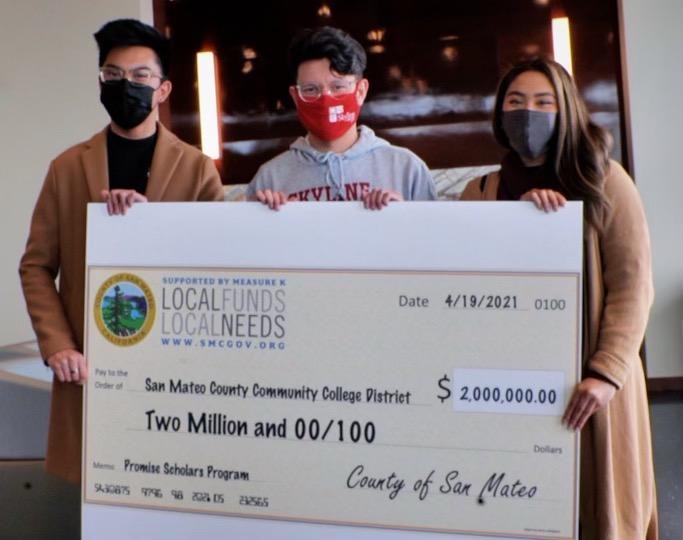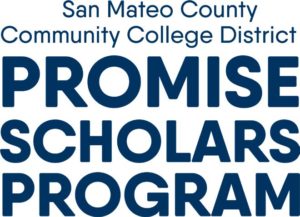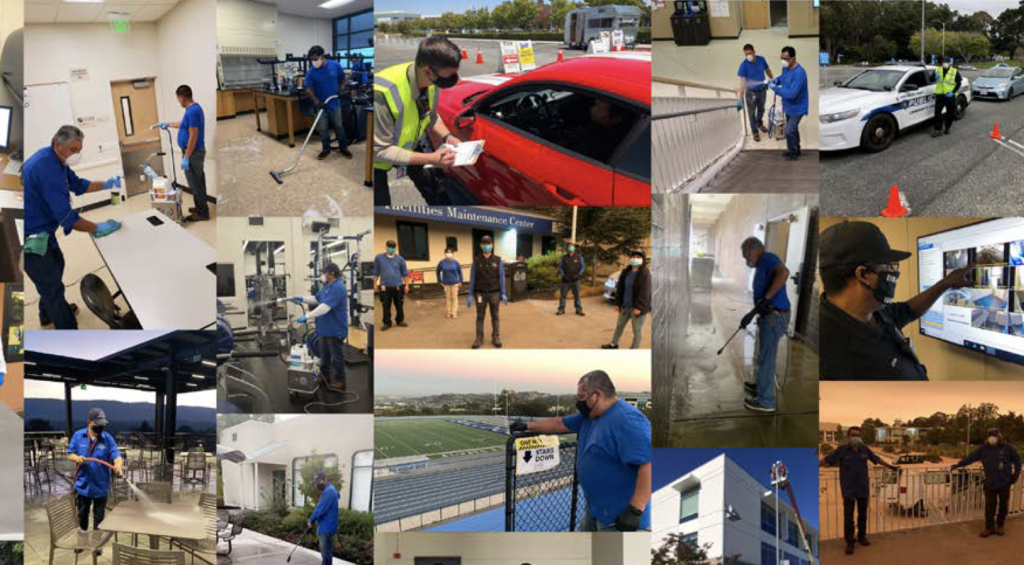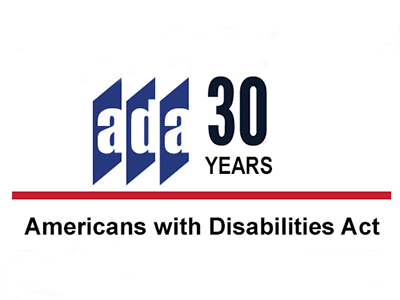The San Mateo County Community College District (SMCCCD) is seeking members of the public to serve as directors on the Educational Housing Corporation Board. The Board seeks to advance education by supporting SMCCCD in its efforts to attract and retain qualified educational employees by managing and operating affordable housing for such employees.
Applications are now being accepted from any eligible person, 18 years or older, interested in filling a vacancy. Individuals with professional expertise in residential property management/operations, legal and/or financial experience in housing-related issues, or closely related experiences are encouraged to apply. The application form is available at the SMCCCD Educational Housing Corporation Board website and must be submitted by midnight, October 6, 2023.
Applications will be reviewed at the next public Educational Housing Corporation Board meeting on October 19 at 3:00 pm. Following the review, the Educational Housing Corporation Board of Directors will submit recommendations to the SMCCCD Trustees for final appointments during their regular public Board of Trustees meeting on October 25 at 6:00 pm.
Educational Housing Corporation Board Directors serve staggered four-year terms and may serve a maximum of two consecutive four-year terms. At least two, but not more than four, vacant positions are currently open.



About the SMCCCD Employee Housing Program: In response to regional housing costs that are among the highest in the country, SMCCCD has undertaken initiatives to assist faculty and staff with high housing expenses. The District owns and operates 134 housing units at College of San Mateo, Cañada College, and Skyline College campuses, available to faculty and staff (who meet the definition of first-time homebuyers). Employees can live in these units for up to seven years and pay rent well below market rate. Residents of the employee housing program are strongly encouraged to save the money from their reduced rent to apply toward a down payment to buy housing in the area.
About San Mateo County Community College District: The SMCCCD is a three-college district located between San Francisco and San Jose in the Silicon Valley. The District’s three colleges, Cañada College, College of San Mateo, and Skyline College, serve more than 28,000 students each year and offer the first two years of instruction in a wide variety of degree and transfer programs, as well as vocational-technical programs. For more information: https://smccd.edu/








